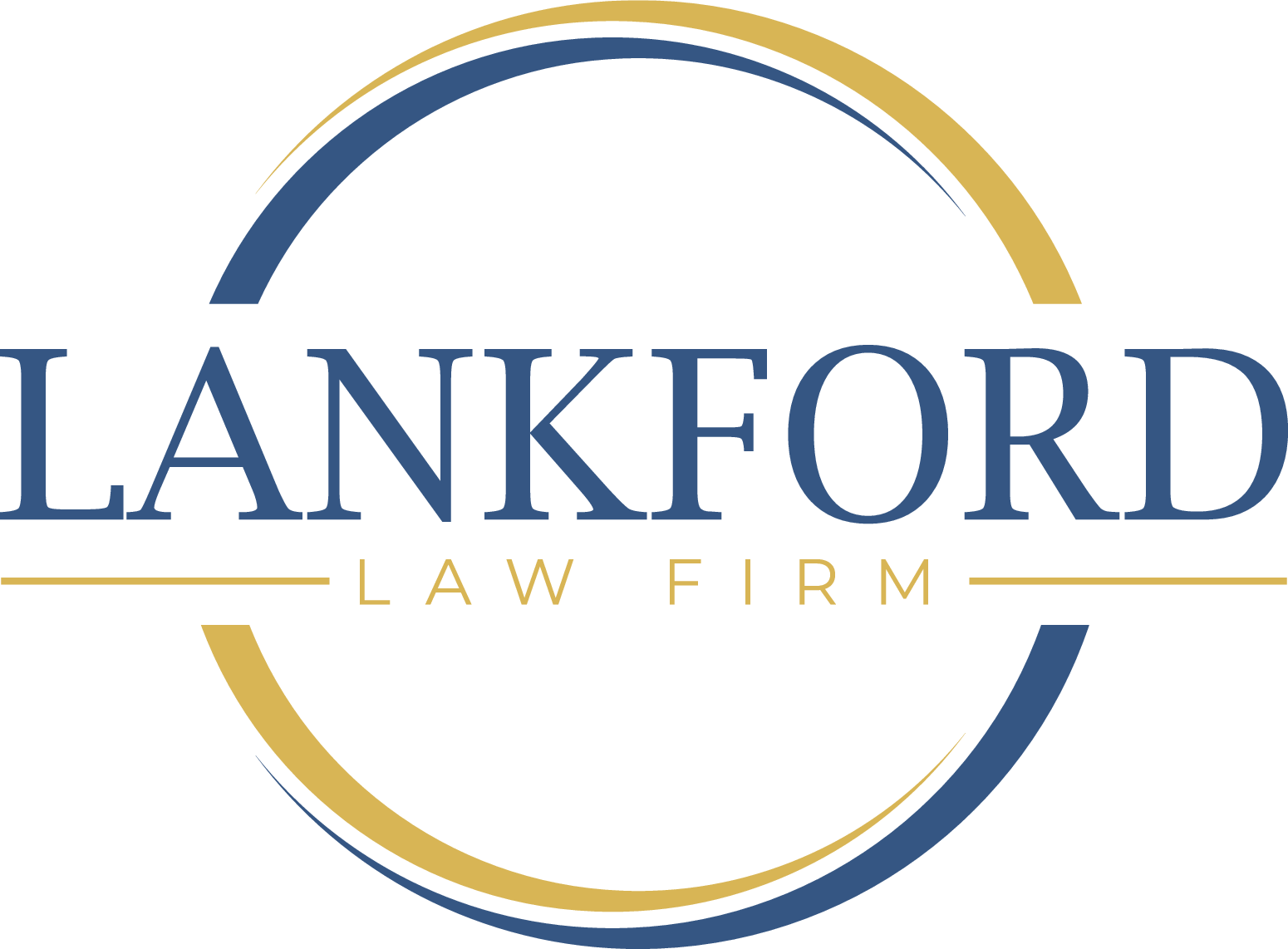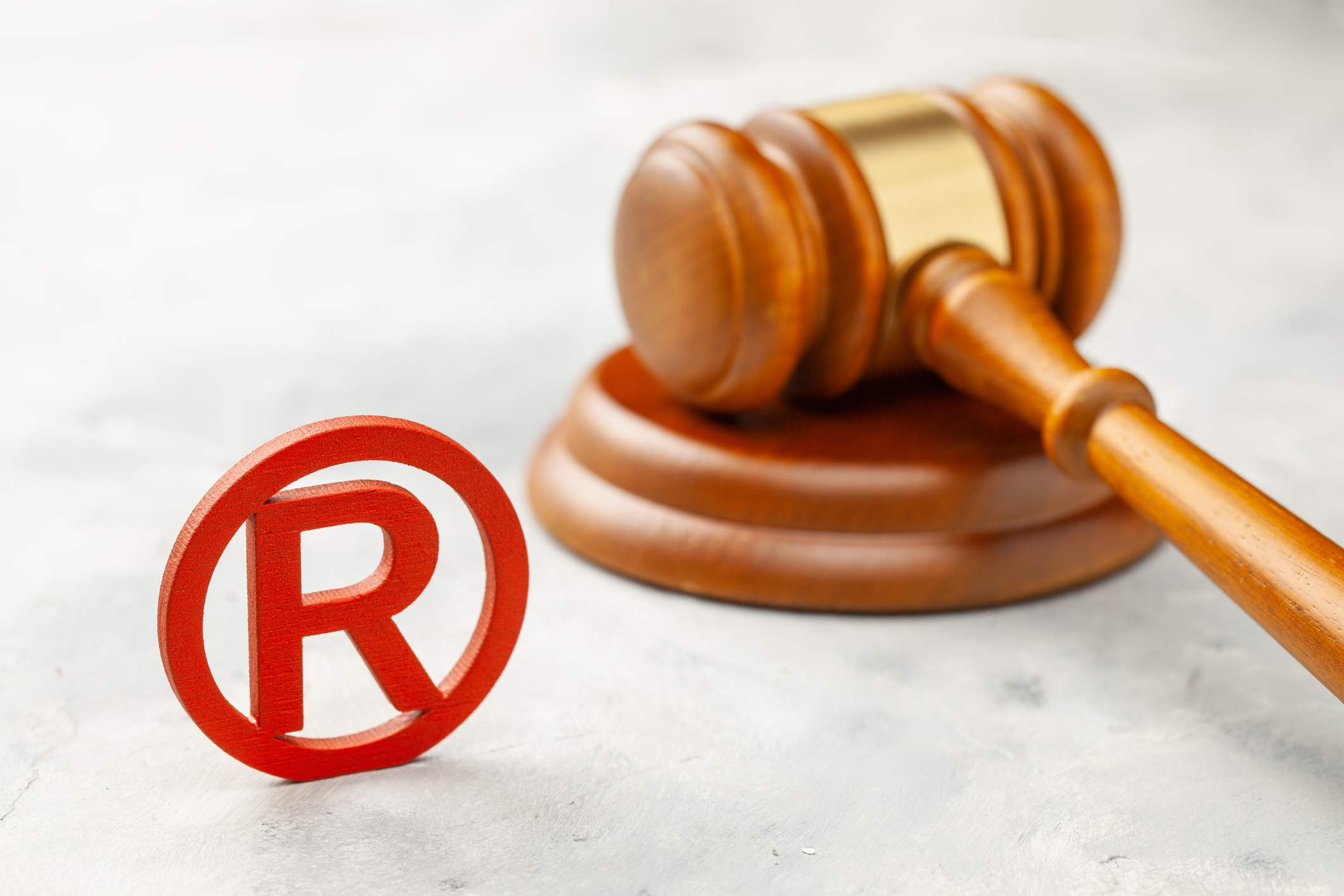Especially as a result of the COVID-19 pandemic, many Florida businesses are having difficulty paying the bills. If you own a business in Florida, and that business has more debts than it can pay, this is the time to arrange a consultation with a central Florida business attorney.
Florida business owners may be concerned regarding whether creditors can come after their personal assets. Your business creditors may threaten to take legal action against you. Can they seize funds from your personal bank accounts, garnish your wages, or foreclose on your home?
The answer, like the answer to most questions about business and the law, is “It depends.” But if you’ll continue reading, you will learn how to protect your personal assets in the future and how a Florida business lawyer can help you protect personal assets that may be at risk right now.
Are You Personally Liable for the Debts of Your Business?
Whether a business owner’s personal property and assets are at risk when the business is in financial trouble will depend on whether or not the business owner is personally liable for the debts incurred by his or her business.
If you are not liable personally for the debts of your business, a creditor can’t threaten to seize your home, your bank accounts, or any other personal property. However, if you are liable personally for the debts of your business, the honest truth is that you could lose a great deal.
Which business debts are business owners liable for personally? The first thing to know is that if a business has employees – whether it is a sole proprietorship, partnership, LLC, or corporation – owners are personally liable if a business doesn’t pay the taxes withheld from employees’ wages.
What Determines Liability for Business Debts?
Beyond the taxes withheld from employees’ wages, a company’s business structure – as well as any contract that a business owner may have signed – will usually determine if an owner is personally responsible for a debt incurred by the business.
If your sole proprietorship goes out of business, you will be held liable personally for the losses. A sole proprietor’s home, vehicle, and other personal properties could be taken to cover the debts left behind by the business.
What About Corporations and LLCs?
Usually, if a corporation or a limited liability company (LLC) goes under, the personal property and assets of the owners are not at risk. The owners and the business are separate legal entities. Protection from liability is a primary reason why the owners of a business choose to incorporate.
But even a shareholder’s or LLC member’s personal assets could still be at risk. In fact, many small business owners are liable personally for at least some of their business debts. These are the ways that the owners of corporations and LLCs become liable personally for business debts:
- by signing a personal guarantee for a business loan
- by using your personal property as collateral
- by using your credit card to obtain business funds
- by misrepresenting any facts when you apply for a loan
Should You Sign a Personal Guarantee for a Creditor?
Some creditors require personal guarantees from the owners of small and emerging businesses before they will extend credit to those owners. However, such personal guarantees expose a business owner’s personal property and assets if the business defaults on the loan or goes under.
If you obtain a business loan by pledging a house, a boat, or a vehicle, you become liable personally for the loan, and if your business defaults on that loan, the creditor may sue, foreclose on the property pledged as collateral, and use any proceeds to cover the debt.
If you use a credit card to acquire business funds, you are personally responsible for the credit card payments – under the terms of your agreement with your credit card company – even if the card has the name of your business on it.
What is “Piercing” a Corporate Veil?
And if a business creditor can show that a shareholder’s personal and corporate funds were commingled, the shareholder may have personal liability for the debts of the business. How can a creditor prove that a shareholder’s personal and corporate monies were commingled?
Proving such a charge takes a complex legal procedure known as “piercing the corporate veil.” If business creditors ask a Florida court to pierce a corporate veil to demonstrate that a business operated only to protect its shareholders, the shareholders may have personal liability.
When a Florida court “pierces” a corporate veil, if the business operated only to protect its shareholders, creditors may go after the homes, bank accounts, investments, and other personal assets of the business owners.
Is Bankruptcy an Option?
When a business owner has personal liability for business debts, that liability may compel a decision to close the business and/or file for bankruptcy. Sole proprietors may file for bankruptcy under Chapter 13, or if they qualify, under Chapter 7 of the U.S. Bankruptcy Code.
However, if you are a corporate shareholder, a partner in a partnership, or an LLC owner, and if you signed a personal guarantee or pledged your property as collateral for a business loan, putting your business through a bankruptcy procedure will not protect your personal property.
However, when you file a bankruptcy petition, the bankruptcy court issues an automatic stay which immediately prevents creditors from foreclosing on your home or seizing any other personal property. An automatic stay can at least buy you some time.
Bankruptcy eliminates unsecured debts like credit card debt, but if you pledge personal property – your home or vehicle, for example – as collateral for a business loan, and the loan cannot be paid, the creditor is entitled to seize the pledged property, even after you file for bankruptcy.
When Should You Speak to a Business Attorney?
When everything else has failed, you may need to shut the business down and minimize any risk to your personal assets. But even after you close up shop, a creditor may still “crawl out of the woodwork,” and you’ll need to discuss your options with a Daytona Beach business attorney.
If you are in immediate danger of losing your business, your home, or other properties or assets, you must contact a central Florida business attorney at once. If there is no immediate threat, the right business attorney can help you put solutions in place now that will protect you in the future.


 Call Us Now
Call Us Now Email Us Now
Email Us Now



